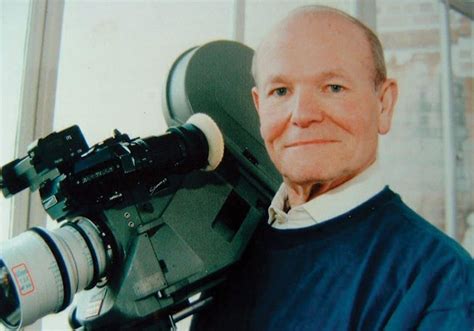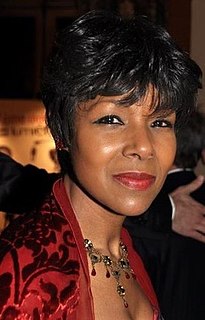A Quote by Simon McBurney
In France, they call the people who come to the theatre 'les spectateurs'; in Britain and Ireland, they are the audience, the people who listen. This does not mean the French are not interested in language. On the contrary. It actually says more about the undeveloped visual sense over here.
Related Quotes
If you want more people to come to the theatre, don't put the prices at £50. You have to make theatre inclusive, and at the moment the prices are exclusive. Putting TV stars in plays just to get people in is wrong. You have to have the right people in the right parts. Stunt casting and being gimmicky does the theatre a great disservice. You have to lure people by getting them excited about a theatrical experience.
'A Naval History of Britain' which begins in the 7th century has to explain what it means by Britain. My meaning is simply the British Isles as a whole, but not any particular nation or state or our own day... 'Britain' is not a perfect word for this purpose, but 'Britain and Ireland' would be both cumbersome and misleading, implying an equality of treatment which is not possible. Ireland and the Irish figure often in this book, but Irish naval history, in the sense of the history of Irish fleets, is largely a history of what might have been rather than what actually happened.
Religion is much more than language, but to be Christian does mean speaking Christian for most people. The language many of us use has contributed to the crisis in Christianity in North America. Traditional Christian language is becoming less familiar to millions of people. The language is frequently misunderstood by people.
My audience is made up of two groups of people. The first group includes people whose roots are deep in the Christian faith, but for whom the traditional symbols, as traditionally understood, no longer make sense. The other audience is the audience that has left. I call them the Church Alumni Association, citizens of the secular city. They are a bit nostalgic about this faith of their childhood, but they aren't really interested in trotting it out or becoming involved with it again as it is presently organized.
If I would want to have a huge audience, I would make American movies, not French movies, because there is a limit of course with French language. If I prefer to shoot in my own language, it is to play with my language, to play in my Paris, and I have complete freedom in France. It's so amazing. If American directors could imagine how free I am, they would have asked for political asylum immediately.
When African-Americans come to France, the French show them more consideration than they would show an African or a Black Caribbean. When African-Americans come to France, the French people are like, 'Oh, wow. Oh my God.' But if it's an African, they're like, 'Whatever.' It's all because of the past, because of our history.
When you're actually talking over someone, it's as if you're just pontificating and they're not even there. And their body language - they're trying to get away from you. And if you're pontificating at an audience, and there's a break, the non-martyrs in the audience are not going to come back. I mean, they just want to get away from you.
Even more ominous ... is the fact that since the Second World War a new kind of intellectual has emerged in large numbers. ... he is only minimally interested in the proper intellectual significance of images and objects. Such people are not really intellectuals, but visuals ... A visual is more interested in style than in content ... A visual does not feel a rioting crowd being machine-gunned by the police, he simply sees a brilliant news photograph.
Ireland, as distinct from her people, is nothing to me; and the man who is bubbling over with love and enthusiasm for "Ireland," and can yet pass unmoved through our streets and witness all the wrong and the suffering, shame and degradation wrought upon the people of Ireland-yea, wrought by Irishmen upon Irish men and women, without burning to end it, is, in my opinion, a fraud and a liar in his heart, no matter how he loves that combination of chemical elements he is pleased to call Ireland.
People are interested in certain ideas, in certain periods, and then that moves, and okay, now people are more interested in studying this, and there is no perfect balance, and how would you know what the perfect balance is? I mean, what does it mean to have too many Beethoven chairs and too few Stravinsky chairs? I mean, that's kind of a value judgment that isn't really based on humility. We don't know what the optimum number is, so let people figure this out on their own. People are more interested in Beethoven than Stravinsky? Great! Why would that bother me?



































